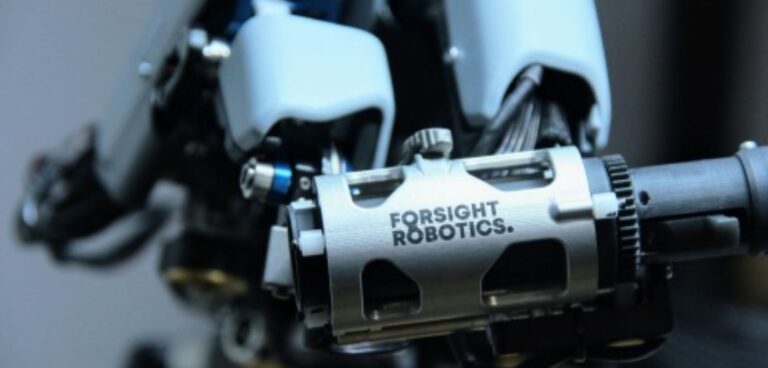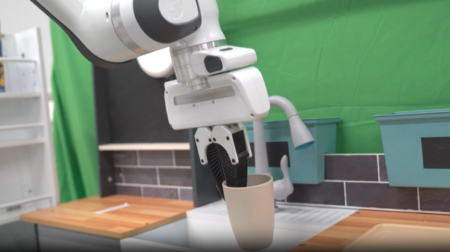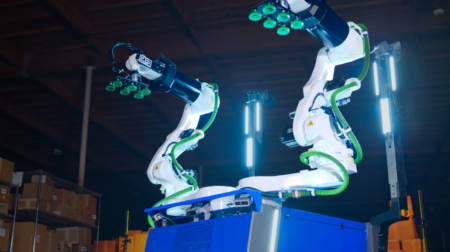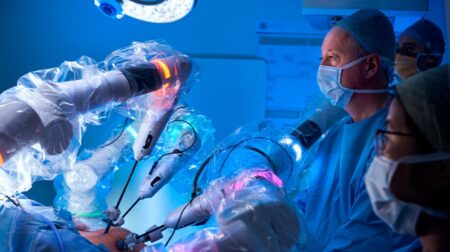ForSight Robotics, a specialist in robotic surgery, has announced it has received US$55m (£45.8m) of funding to develop what it claims is the world’s first platform for robotic cataract surgery.
The platform, called Oryom, is the company’s flagship solution to making surgical procedures more accessible.
ForSight aims to increase the global accessibility of eye surgery and support the more than one billion people who suffer from preventable vision impairment and eye diseases.
Its first procedure is cataract surgery, which, according to the US National Institutes of Health, is needed by more than 25 million Americans and hundreds of millions around the world.
Some of the firm’s investors include the Adani Group, Eclipse Ventures and Mithril Capital, Provenio Capital, Precision Capital, Reiya Ventures, Ljunstrom and more.
Following an initial US$10m (£8.3m) round last year, ForSight claims to have grown its technological capabilities and doubled in size.
What’s more, it claims the Oryom platform has been trialled successfully by surgeons during several cataract operations on an animal eye model.
Oryom, which means “daylight” in Hebrew, is designed to use a combination of microsurgical robotics, computer visualisation technology and machine learning.
The solution will automate ophthalmic surgery into a single platform, which ForSight hopes will increase the quality and safety of such procedures thanks to its sub-millimetre accuracy capability – reportedly 10 times more accurate than the human hand.
“We are pleased to be able to advance our technology with this investment to bring robotics into the world of ophthalmic surgery to help millions of patients who have to wait unnecessarily for procedures while their eyesight deteriorates,” said Dr Daniel Glozman, ForSight CEO and co-founder.
“Our goal is to democratise this highly sophisticated procedure, enabling patients around the world to easily access the treatment that can restore their vision.”
Timely ophthalmic microsurgery can mitigate some of the main causes of blindness. The British Journal of Ophthalmology claims that wealthy countries have 72 eye surgeons per million people, while low-income nations average only 3.7 per million.
ForSight is researching other preventable ophthalmic diseases that it claims can benefit from robotic surgeries and computer visualisation, such as retinal diseases and glaucoma.








